Everything on model trains, model railroads, model railways, locomotives, model train layouts, scenery, wiring, DCC and more. Enjoy the world's best hobby... model railroading!
Model Paint Brands and Types – How They Compare
Gerrie writes:
“I don’t want to sound like a scrooge, but the price of model paints seem expensive ranging from $4, $5, $6 for tiny bottles/cans up to $12 or more for spray rattle cans. I want to repaint an old 4-6-0 I picked up on eBay so presume enamel would be best? Scenery/structures I am thinking acrylic? Spray, can, bottle… not sure which way to go? It seems like I could end up buying dozens of different paints. Is there any easy cheaper way? What do other people have?”
Have your say below… and, see what others say too.
6 Responses to Model Paint Brands and Types – How They Compare
Leave a Reply
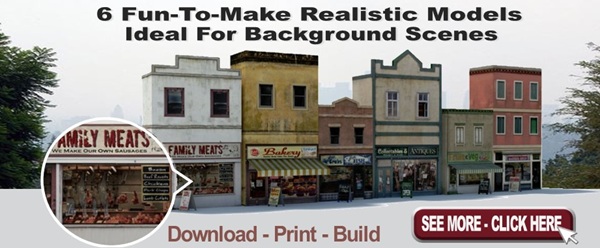






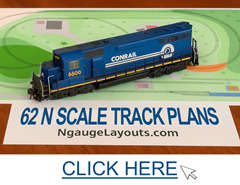
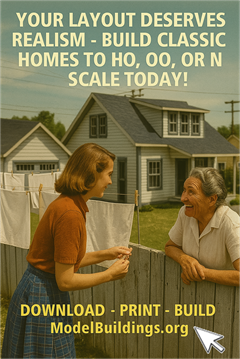
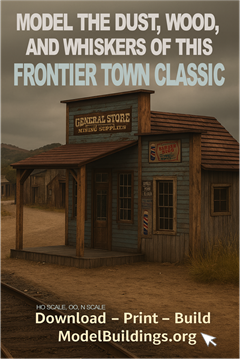
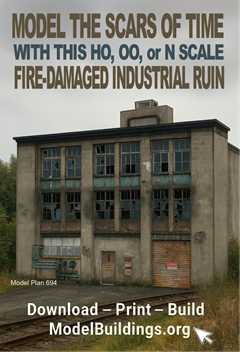
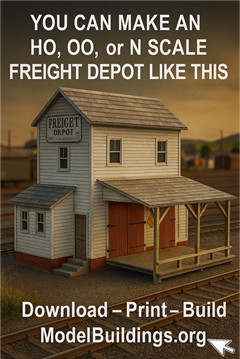
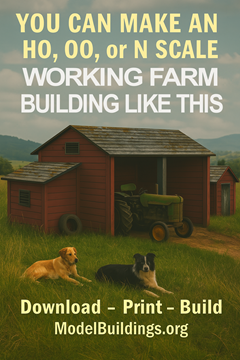
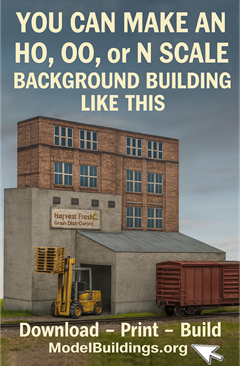
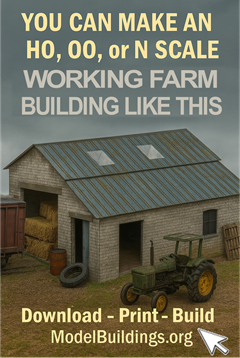
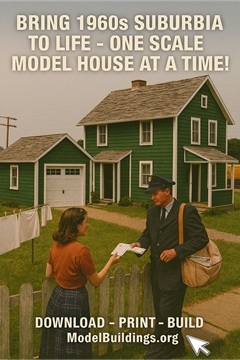
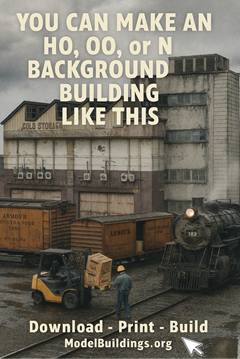
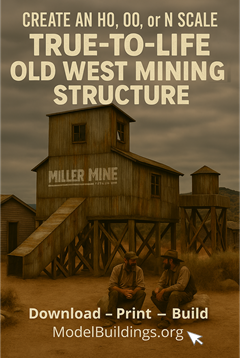
If you want authentic railroad colors, you will have to buy from a reputable hobby shop. Bricks and mortar are best for personal help. Online are good if you just shop for the lowest price. If, however, you just need paint for general stuff, like buildings that don’t need RR color. And you want to be “cheap”; Just go to a Dollar store. I like Dollar Tree. Buy several of the types of paint they have and practice with each. The DT also has brushes and such. To get started. You can test simple water based as well as the better stuff, Acylic. Start with a small assortment of basic colors to experiment with. And go from there. IMHO to be cheap, Dollar Tree is the place to start. But those are not RR colors. Unless you want to try mixing your own combinations to get a color you want. And for that, you have to go back to what you learned in grade school about how to mix them. This is the cheapest way I can think of.
I have had luck with acrylic paint from Dollarama. Very inexpensive, easy to apply cleans up with water.
I agree with John C. here. Acrylic paint is the way to go. I would not go cheep. Paint is expensive and you need to do a lot of testing. Use a piece of old cardboard for a testing area before applying to your project.
Paints made for models have finely ground pigments. When you try to thin cheap paint with thicker pigments, it may not cover well, or it may cover up detail (like brick/mortar lines on structures). I would try cheaper paints on scrap to see the results before using it on a valuable model.
thank you morgan, john, ralph for your tips. Gerrie
Each type of paint & application method has its pros & cons.
Paint applied by brush is good for detail or just general stuff. Thinning the paint helps reduce brush marks, reduces clumping & can help emphasize depth (cracks in rock/concrete & mortar lines). Dry-brushing also accents detail & weathering.
Spray cans are good for broader coverage & to save some time. Biggest issue is you have minimal control over pressure – press too hard & you can cover up much of the detail ; press too softly & paint sputters out causing uneven or poor coverage.
Airbrush option allows you to modify pressure, change nozzles, thin & create custom color blends, etc… Not the cheapest option & generally requires a suitable work space.
I would suggest that you buy a couple of cheap second-hand loco shells from hobby shop or model train flea merket to practice on with different techniques.